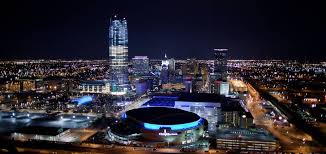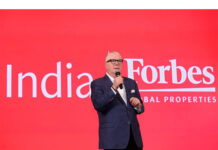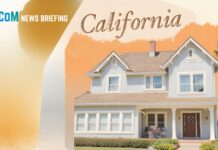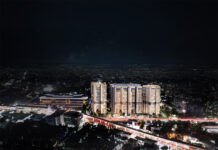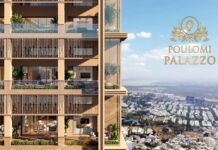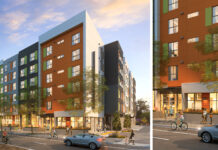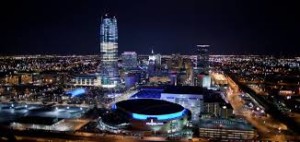 TULSA, OKLA.: It’s the city that wasn’t. It was named Day 1, Oklahoma, and for a small group of innovative, tech-savvy Oklahomans, it seemed like the perfect place for Amazon to build its second headquarters.
TULSA, OKLA.: It’s the city that wasn’t. It was named Day 1, Oklahoma, and for a small group of innovative, tech-savvy Oklahomans, it seemed like the perfect place for Amazon to build its second headquarters.
So that’s what Tulsan Scott Phillips and his team pitched to the online giant: Come to Oklahoma, and we’ll help you build a 50-square-mile city from scratch between Oklahoma City and Tulsa.
It’s true: Amazon didn’t receive two HQ2 proposals from Oklahoma; it received three. Each, it turns out, met a similar fate, as Day 1, Oklahoma – like Tulsa and Oklahoma City – failed to appear on Amazon’s list of 20 finalists recently announced.
A disappointed Phillips said that although Amazon rejected the idea, he and his crew have not.
“The intriguing thing is, now you see Apple coming out looking for a second headquarters,” Phillips told the Tulsa World. “So we very much believe this vision and opportunity still lives.”
Thinking big and outside the box is nothing new to Phillips. The 48-year-old is the founder of Civic Ninjas and a member of Techlahoma. Civic Ninjas is a national organization focused on civic engagement, community building and problem solving that complements Techlahoma’s efforts to grow technology opportunities throughout the state.
Phillips also is the man behind Rawspace, a proposal to create the world’s first industrial-scale innovation hub that was nearly funded as part of Vision Tulsa.
So no, Phillips doesn’t think Day 1, Oklahoma, is some cockamamie idea.
“The impossible is impossible until it isn’t,” he said. “With all of the challenges Oklahoma faces, we need to be swinging for the fences and be the ones at bat when something that is impossible is no longer impossible.”
About a dozen members of Civic Ninjas, Techlahoma and Oklahoma Next worked six weeks on the proposal. By design, nothing about it is ordinary.
The proposal, sent on Civic Ninjas letterhead, was written in the form of an Amazon internal memo in which an Amazon employee is reviewing the proposal.
“We sincerely hope our proposal inspires you,” Phillips’ cover letter states. “We know it is a big, crazy, audacious idea, but we also know that Amazon is the kind of company that doesn’t shy away from big ideas.”
Now, for the details on that audacious idea.
Phillips said the proposed site would be between Stroud and Chandler “and somewhat north of there.”
He estimates the land could be purchased for approximately $80 million but would be worth $17.5 billion after the new city was developed on it. To fund the project, investors could borrow off the projected future value of the property and sell parcels to real estate and commercial developers, Phillips said.
The proposal also calls for taking advantage of traditional incentives, such as the state’s Quality Jobs Program.
In Phillips’ telling, Day 1, Oklahoma’s seemingly obvious shortcomings _ no infrastructure, no government institutions, no energy supply _ are in fact its greatest selling points.
“This city will be unhindered by legacy rules, policy, momentum or infrastructure,” the proposal states. “. The long-term goal of the new city is to serve as an anchor to a new super region metroplex that will encompass all three cities.”
As for the city’s name, it, too, is an ode to innovation and thinking outside the box – and a not-so-subtle nod to Jeff Bezos, Amazon’s founder and CEO.
Phillips said Bezos does everything he can to ensure that Amazon and its employees never grow complacent or embrace the status quo. As part of that effort, Phillips said, Bezos routinely draws a distinction between Day 1 decisions and Day 2 decisions.
“Day 1 decisions are the kind of visionary, swing-for-the-fences moments when a new startup is founded,” Phillips said. “Day 2 decisions refer to the first step in what would become a status-quo type of decision.”
By the way, Phillips has no second thoughts about his decision to submit a proposal to Amazon, as far-fetched as some might perceive it.
“Not in the least,” he said. “These are all opportunities to think about the future, refine our thoughts about the future and push communities ahead.”-AP

